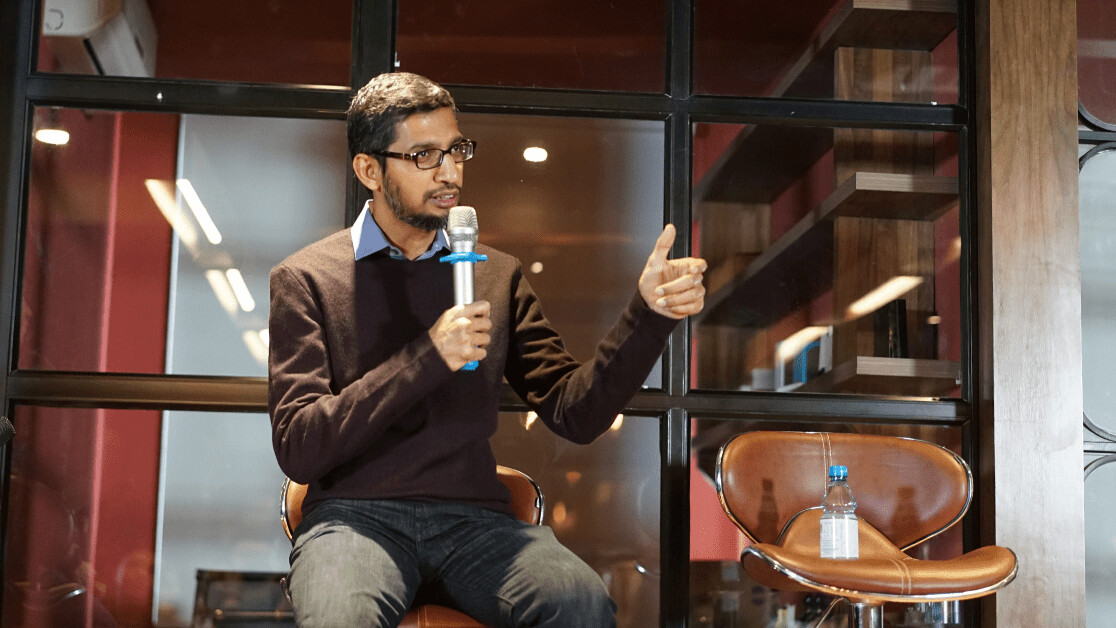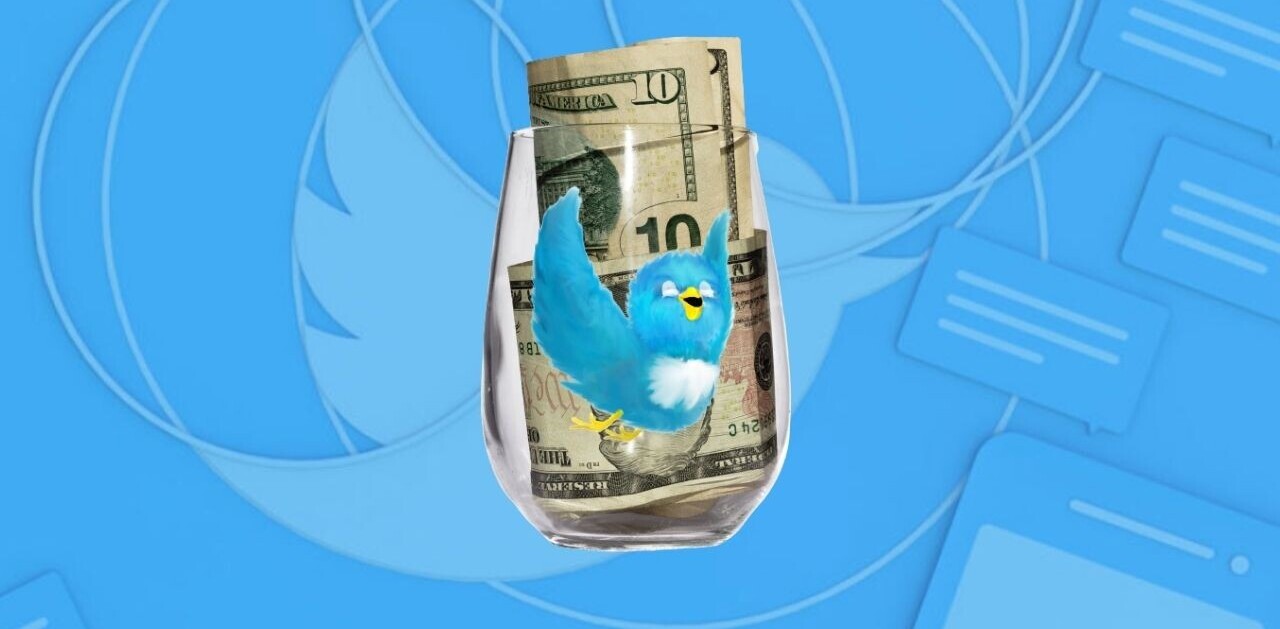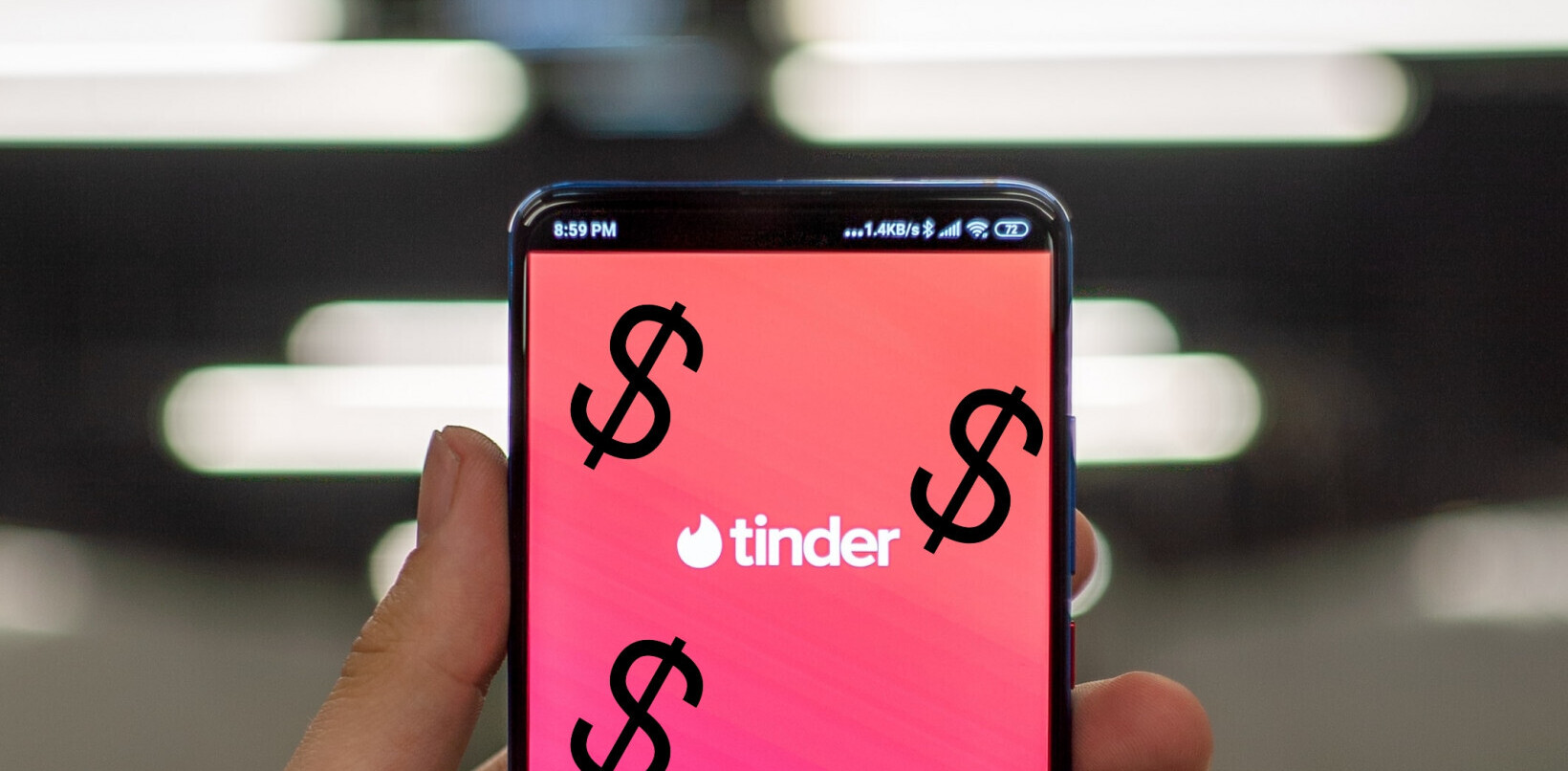Google has agreed to pay select news publishers for distributing their content, finally bowing to pressure from antitrust regulators and media firms.
The search giant announced today it’s struck licensing deals with a handful of publishers in Germany, Australia, and Brazil to “with more to come soon.”
The content will form part of a “new news experience” set to launch later this year, initially on Google News and Discover. Details on the product remain sparse, but it sounds like a potential rival to Apple News.
Where available, Google will also pay for free access to paywalled articles.
“This will let paywalled publishers grow their audiences and open an opportunity for people to read content they might not ordinarily see,” said Brad Bender, Google VP of Product for News.
[Read: EU privacy watchdog thinks that Clearview AI is illegal]
Bender called the program part of Google’s efforts “to help journalism thrive in the digital age.” But the company isn’t doing this out of the goodness of its heart.
Antitrust regulators around the world are increasingly pushing platforms to compensate publishers for reusing their content. The new licensing program is Google’s attempt to set the terms of the deal.
Pressure pays, but is it enough?
Until now, Google had consistently resisted attempts to make it pay publishers for news. But the regulatory pressure has grown as advertising revenues at media companies have declined.
France’s antitrust authority recently ruled the company must pay French publishers for reusing their content, while Germany’s competition watchdog has proposed a “collective boycott” of both Google and Facebook to force them into sharing their advertising revenue.
Get the TNW newsletter
Get the most important tech news in your inbox each week.






